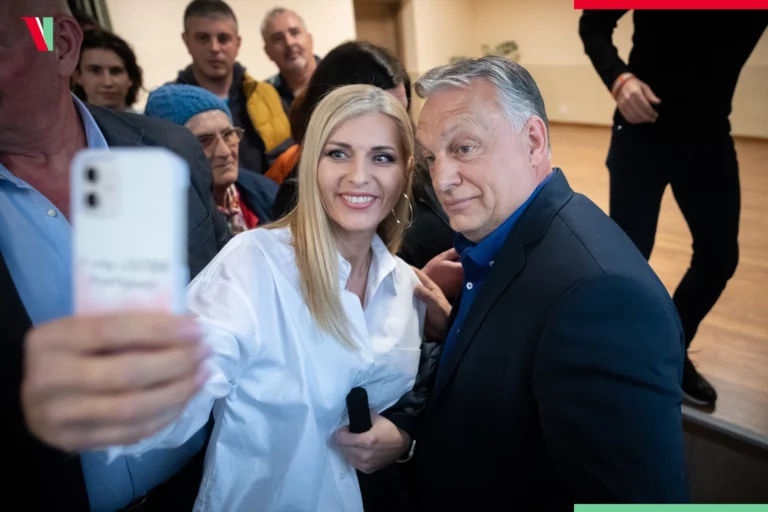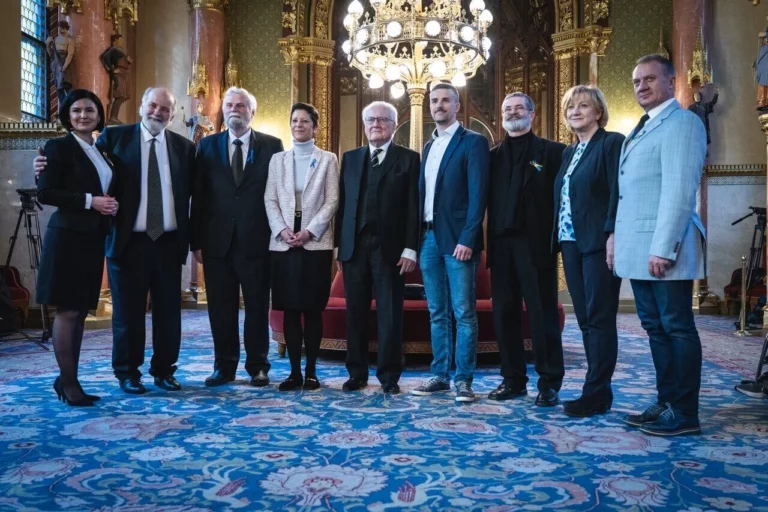Jobbik
Opposition: ‘Orbán has driven Hungary into crisis’

Opposition to reject election results? Semi-burnt pro-opposition mailed votes found in Romania – UPDATED

Joint opposition to make voting easier for Hungarians living in West Europe, USA

MEP Gyöngyösi: Contemporary Merkelism – Why keep funding autocrats?

PM candidate Márki-Zay: Orbán had violated the most important imperative of Christians, not to kill

Does the government intentionally weaken forint?

Jobbik MEP: Orbán keeps stumbling in the battlefield

Roma spox calls on minority candidates to distance from the united opposition

Jobbik MEP: Putin’s anti-Europe web is exposed

Only 34 candidates run as independents in the ’22 Hungarian Parl election
Opposition: Orbán “Putin’s minion, the last vassal of the aggressor”

Opposition: new president was “candidate of the corrupt pro-Putin” Orbán

Jobbik MEP Gyöngyösi: Three areas where Putin has already lost

Joint opposition: PM “continues to make statements serving Russian interests”

Jobbik MEP: Sanctions against Russia, now!
Press release by Jobbik MEP Gyöngyösi Márton: Ever since World War II, Europe has not seen anything like the...
Hungary’s National Election Committee registers three natl party lists

United opposition presents national list for the elections in April
Joint opposition held demonstration at Russian embassy in Budapest





 ZH
ZH IT
IT DE
DE HR
HR NL
NL FR
FR JA
JA RO
RO RU
RU ES
ES TR
TR
